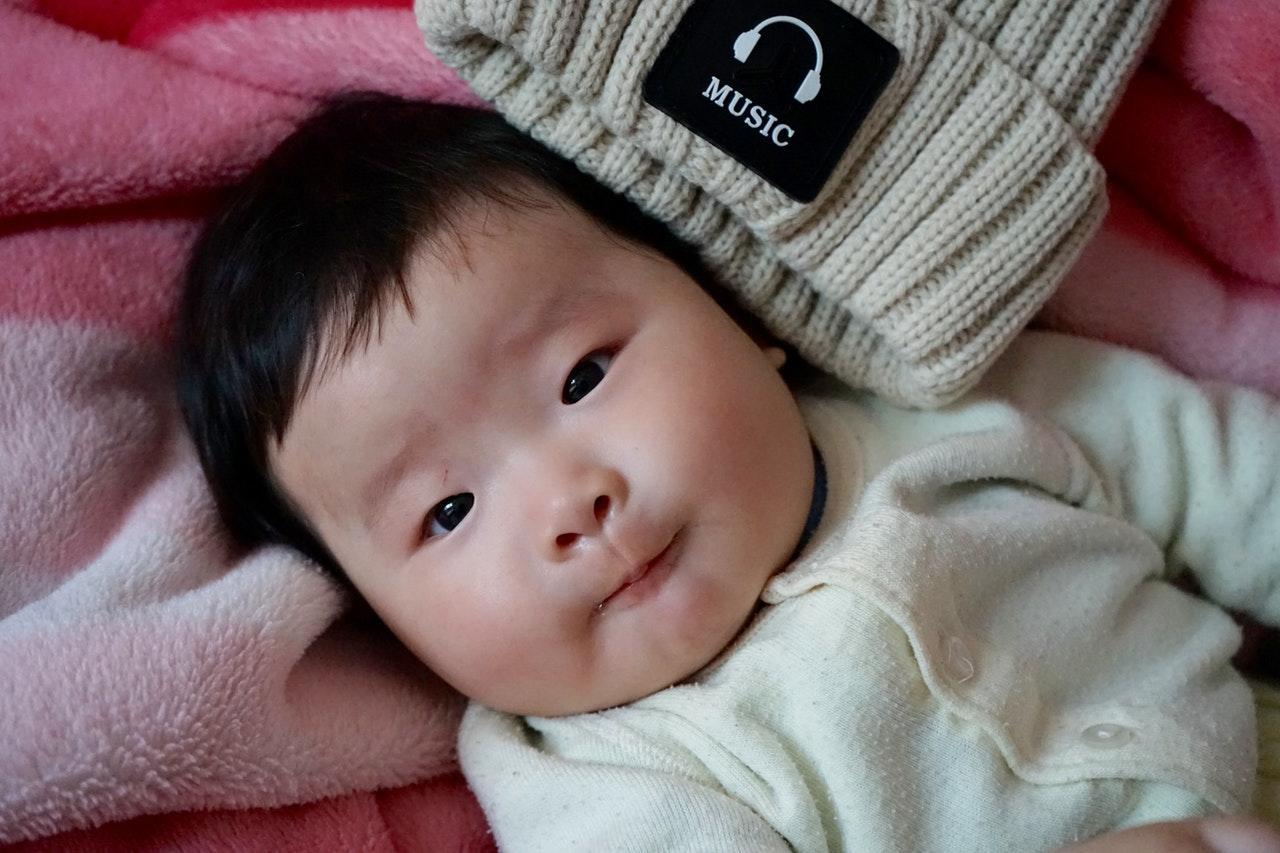Mandarin Chinese is one of the most 'learned' and 'popular' languages amongst our generation.
Learning Chinese has become very productive worldwide; for instance, adults prefer to learn mandarin for business, job prospects, and even just as a skill for fun.
Learning another language generally can be very skillful. Still, learning mandarin has its specific benefits, such as it helps with your expertise to accept and learn a new language.
It helps with your creativity to understand and communicate in a new language.
People's perspective is that learning a new language is a task, but children or even adults learning Chinese is bound to be more complicated and stressful.
This is the prime time to be open to new perspectives, welcome new knowledge and forgo these faux assumptions.
Studies show children should learn Chinese at a younger age to make them sharp, bright, and innovative, but it is not meant to be challenging for adults to adapt.
There are many differences and benefits in learning mandarin. You can enroll your child with a Superprof tutor today!

5 Reasons Why Your Child Should Be Learning Mandarin
With the highly competitive educational landscape, it is challenging for children to stand out in their applications. They can do so by learning another language, like Mandarin!
Here are tips for learning Chinese:
- Learning Chinese Can Help Students Do Better In School
Chinese can be a complex language to learn. Thus, children who start learning it early tend to be better overall. Once learned, other disciplines are easier to compare.
It is not uncommon for students who have learned Chinese to enroll in honorary or advanced level classes.
- The Chinese Language Makes Students Stand Out
One of the biggest challenges for kids is to stand out from thousands of other competitors. Most American high schools offer Latin and French, and most do not teach Chinese.
The opportunity to list foreign languages that are rarely featured in job listings is a great way to stand out.
- It's Impressive To Have The Ability To Speak Chinese
These children have no language and cultural connection, so they must work harder to become fluent or proficient.
Mastering such a complex language can be a powerful feature in keeping teens away from the crowd and gaining enrollment in Ivy League schools in America.
- Learning Chinese Says A lot About A Person
The dedication needed to adapt to the language of Chinese makes children unique and shows them as citizens of the world.
To learn a language, you need to understand and respect the culture in which it is spoken.
Mastering a language like Chinese demonstrates commitment, passion, and a high level of cross-cultural competency.
- Learning Chinese Opens Doors To Many Opportunities
China is prosperous and offers many business opportunities for those who speak that language. Children learning Chinese today prepare to take advantage of these opportunities in the future.
Learning Chinese early can affect your child's overall academic performance.
By speaking fluently by the time you enter college, you can separate teens from competitors and get admission to your dream school. You can receive the book.

Similarities Between The English Language And Chinese
The concept of children adapting developing skills to speaking in Chinese is well established in States.
According to published figures, around 50,000 elementary and high school students study Chinese in America.
Recent studies have shown that toddlers can learn Mandarin or other second languages using the same components and developmental processes that kids use initially when they're first learning to talk.
However, infants will discover a new language much faster. They are much faster than infants and more agile than adults in many extensive ways.
Moreover, you can make it easier for children to learn Mandarin by introducing them to variations of it first.
- Kids Follow The Mundane Routine To speak in Chinese
Recently, Harvard University adopted a child from China to understand how children naturally learn a second language.
These children learning Chinese in their own country face a sudden transition to an English environment.
The first birthday is usually when most kids learn and repeat one work.
Then, a few more months later, you can combine two or three words into sentences and gradually begin to express more intense ideas more consistently.
This schedule applies to children worldwide: it doesn't matter if they first learn Chinese or English.
For instance, an 18-month-old baby brought up in an English household environment might ask, "Brownie eat?"
But, a 2-year-old child in a Chinese household would know to entertain the plate of brownies by being appreciative and saying "Xie Xie," which in the English language would mean Thank you.
Kids keep their remarks to the point.
- Preschoolers Are Quick To Adapt New Languages
Preschoolers and toddlers follow the same procedure in language acquisition but with an imbalance in frequency.
On average, preschoolers hired in the USA learn quite many words in the first three months as infants learn in the first three months of life.
In other words, preschoolers were four times faster. This will suggest that most babies are bound to reach the level of English-speaking of the people they eventually will look up to.
The focus here is more on children learning English as another language than English-speaking children learning Chinese, but its meaning extends to all languages.
"Do the early stages reflect the immaturity of cognition, or do they present the steps needed to break the target language?
- Learning Chinese As A Second Language Is An Excellent Move
The children adopted in the Snedeker study acquired language skills primarily through direct contact in the company of their superiors in an immersive environment.
Children learning another language also benefit from bilingual teachers and programs for other languages.
Most students attend immersion schools from kindergarten to second grade, and the worth of learning Chinese as a language has become apparent.
Leading language programs are top-rated. Comparatively, fewer students organization comes from Chinese families, and there are very few native speakers.

Benefits For Children Who Are Learning Chinese
The widespread desire to adapt to the Chinese transcends cultural boundaries. "This is almost unprecedented."
We need to call what's happening now in China's programs an explosion.
China's increasing global impact is evident throughout its political, cultural, and economic spheres.
Of course, understanding Chinese culture is an advantage as it gives you exposure to other cultures, backgrounds, and economies.
Knowledgeable parents understand that students learning Chinese today can explore new ways to be successful.
Apart from the value of doing a day's work in China, there are tremendous opportunities to travel the world, make international friends, and broaden your horizons as a student.
Superprof is a website that will answer all your questions and help you understand better the opportunities a child has.

Reasons Why Mandarin Is A Power Language Of The Future
Chinese is one of the most widely spoken languages and is relatively difficult to learn. Teaching Chinese to children at an early age prepares them for a bright future.
As you know, China is now the second-largest economic center globally, and there is no better choice than Mandarin as a second language. Below are the main reasons why children should learn Chinese.
- China Is A Rising World Economy
According to some articles, it has proven that China has surpassed Japan in the second quarter to be one of the most robust economies behind the United States.
China economically reaches Japan, indirectly reaffirming what has happened for most of the decade, confirming that China is currently the largest trading partner, not the United States or Japan.
- Learning Mandarin Helps Develop Better Hearing
Toddlers are somewhat sensitive to differences in sound.
The younger the child learns, the more accurately these sounds can be imitated. Familiarity with sounds can help your child develop their musical skills.
A full hearing is a suggestive ability of specific advanced processes. Therefore, learning mandarin benefits the brain and helps the child sing better.
- Learning Mandarin Improves One's Math Skills
Learning Mandarin, sound, drawing, and math activates more brain areas and improves overall cognitive development in people of all ages.
Mandarin speakers use more brains at a time, unlike other languages, which are more likely to switch between the left and right.
Theoretically, this could mean that a more balanced brain can lead to improved overall creativity, enhanced problem-solving, and improved emotional intelligence.
- Speaking Chinese Helps Interpret Symbols
Mandarin consists of thousands of characters. Mandarin learners need to be able to read and interpret various visual symbols.
Children are more likely to activate more brain areas while learning mandarin than any other language based on the spoken alphabet.
By learning Mandarin, children can better master visual communication, interpret art symbols more enthusiastically, and understand the difference between symbolism and visual communication.
The languages that are commonly spoken worldwide, include:
| Language | Numbers (In Millions) |
|---|---|
| Chinese | 13,111 |
| English | 379 |
| Hindi | 341 |
| Spanish | 460 |

How You Can Learn Mandarin Through Superprof
Kids are quick learners, and learning a foreign language at a young age provides a lifetime of benefits.
If your child is interested in learning Mandarin and wants to be able to talk to one-seventh of the people on the planet, then all you need to do is check out Superprof.com.
Then, you can select a Mandarin instructor within your area and budget and get started right away!
Summarize with AI:
























